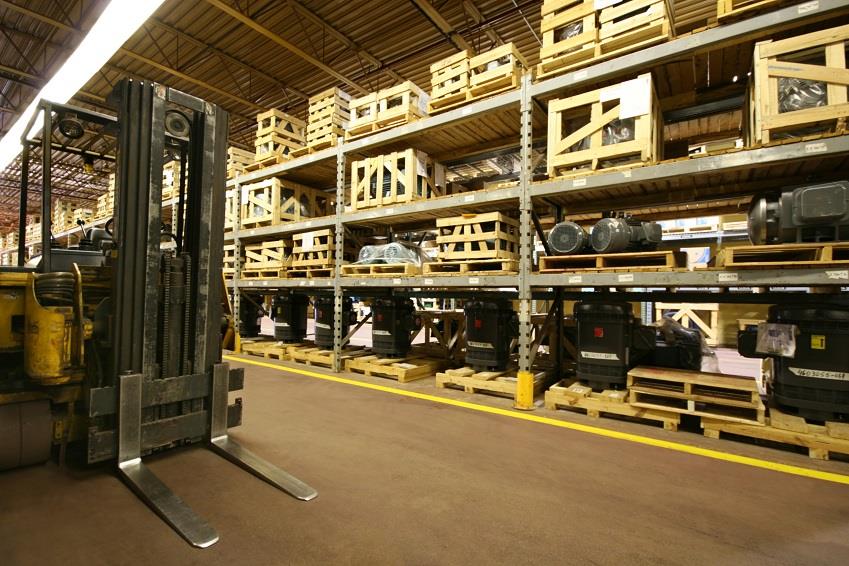The EY Malta attractiveness survey for 2014 was launched in a sold-out conference at the Westin Dragonara Resort today.
The highlight of the conference, whose theme is “50 years of foreign direct investment: looking forward,” will be a keynote address by Alastair Campbell, who had been director of communications and strategy for former British Prime Minister Tony Blair.
Nearly four-fifths of top executives in foreign-owned Maltese companies rate Malta as an attractive destination for foreign direct investment, a survey carried out by EY shows.
But if past editions of the EY attractiveness survey are any indication, this perception is on a downward trend: last year, 88% had rated Malta as an attractive FDI destination, and 91% had in 2011.
This decrease largely reflects an increase in uncertainty: the proportion of respondents who said that they were unable to state whether the situation was positive or negative has increased considerably over the years.
Just over half of existing foreign investors - 52% to be exact - believed that Malta would be attractive to FDI in the next three years, whereas just 4% believed that it would not be attractive in three years' time. Even here, the level of uncertainty is increasing, with 44% unable to reply to the question when compared to 23% in 2011.
Perceptions vary considerably across different sectors, with banking and insurance being the most positive - in both sectors, 100% described Malta as an attractive investment destination, and over two-thirds said it would remain so over the next 3 years.
The least optimistic sector is manufacturing, a sector which has changed considerably over the years as low value-added industries - such as textiles - moved to countries with lower manufacturing costs outside of Europe. While 56% of investors in manufacturing said that Malta was presently an attractive FDI destination, 19% said that it was not, and only 23% were confident about the next three years.

The survey also showed that 56% of investors planned to expand their operations in the following year, compared to just 26% who ruled such an expansion out.
Back office services appear to be the most popular expansion project, identified by 36% of respondents, followed by research and development (16%) and sales and marketing (14%).
As far as planned expansion is concerned, the survey results are more positive than the past two years: 54% of respondents planned expansion in 2012, and 53% did last year.
However, the trend over the past five years has largely been negative: 72% of investors surveyed in 2009 had planned to expand in the following year, although the survey does not indicate whether they actually followed through with their plans.
Investors were also asked whether their companies would still be here in 10 years' time, and 59% said that they would still be here - including 29% who were definite about it.
Only 2% said that they would definitely not be here in 10 years, while 39% remained uncertain.
Once more, results varied considerably across different sectors, and while the manufacturing sector was predictably more pessimistic, it was not significantly more so. 54% of manufacturing companies expect to remain in Malta in 10 years' time, and only 4% were certain that they would pack their bags.

iGaming: most likely to grow, most likely to leave
Respondents were also asked to state which sector will drive Malta's growth in the next five years, and a majority - 58% - specifically mentioned online gambling. Respondents who are involved in the sector were actually more optimistic, with 70% believing that it would drive growth.
But iGaming investors' replies are indicative of the sector's possibly fickle nature: the risk that the sector can move out of the country just as quickly as it moved in is made clear.
In most cases, the survey lumps iGaming investors together with those in the related fields of ICT and telecoms, and shows that the three sectors are generally positive about the present situation, as 85% of respondents believed that Malta is an attractive destination for FDI - a rate higher than the 79% average.
At the same time, however, only 35% were confident about the situation in the next three years: only the manufacturing sector was less positive.
Arguably the most worrying statistic concerns companies' long-term plans: 75% of companies in iGaming, ICT and telecoms were unable to state whether they would be here in 10 years' time, although none ruled it out.
EY notes that this figure may reflect the changing landscape resulting from increasing regulatory and competitive pressures, as well as the inherent rapid pace of technological change.
While iGaming companies may be the least likely to commit to staying in Malta in the long term, Malta-based financial services companies are more confident about their longevity: 75% of insurance companies, 67% of banking companies and 65% of those involved in other financial services expected to remain here in 10 years' time.
Financial services were also identified as likely drivers to economic growth in the next five years. While iGaming was the primary sector identified, fund administration services were close behind with 50%, followed by asset management (42%), banking (38%) and other financial services (37%).

Stability, corporate tax policy most attractive to investors
Respondents were asked to state the features which made Malta attractive - or otherwise - as an investment destination, and the top criterion proved to be the stability of Malta's social climate, which was mentioned by 85%. The stability of Malta's political, legal and regulatory environment was also highlighted by 77% of investors.
But Malta's corporate taxation was in second place, described as attractive by 84% of investors surveyed.
Rounding off the top five was the local labour force: 68% of investors were pleased by the local labour skills level, whereas 65% found Malta's relatively low labour costs attractive.
The least popular factor, however, was Malta's transport and logistics infrastructure: 25% rated it positively, but 34% rated it negatively.
Malta's research, development and innovation environment was rated positively by only 23% of respondents, but only rated negatively by 8%: to 30% of investors surveyed, this factor is deemed irrelevant.
According to the investors surveyed, the main issue Malta should concentrate on to remain attractive to investors is its education sector: developing education and skills was mentioned by 63% of them.
The need to support SMEs was mentioned by 54% of investors, whereas supporting high-tech industries and increasing incentives for foreign direct investment were each mentioned by 50%.
Nearly two-thirds of respondents (66%) said that reducing bureaucracy was an essential reform if Malta was to be transformed into an innovation leader in the sector they were involved in. A further 51% cited the need to improve education and training in new technologies, while 44% said that Malta needed to develop a culture of innovation and creativity was brought up by 44%.
Malta's legislative framework was described as business-friendly by 78% of respondents, but only 46% of those in manufacturing felt the same.
Only 41% also said that Malta presented the right brand image as an FDI destination, although since 31% were undecided, this proportion is higher than the 29% who said that it did not.
A similar proportion - 40% - said that Malta was marketing itself enough, while 32% argued that it was not.